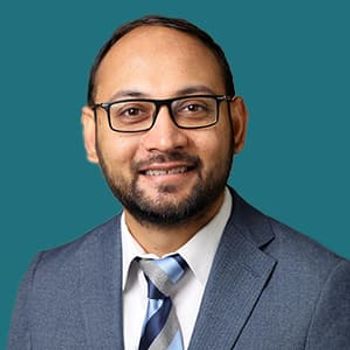
The best response was very good partial response in 3 of 5 participants.

The best response was very good partial response in 3 of 5 participants.
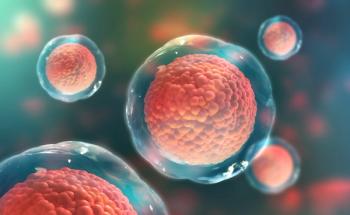
Adipose-derived MSCs did significantly increase salivary flow rate from baseline in patients with previous head and neck cancer.
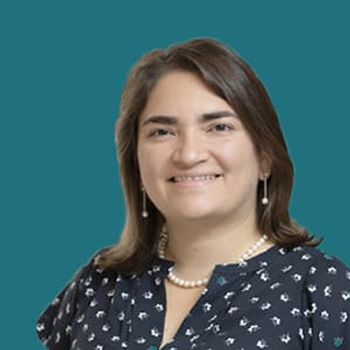
The cells showed activity toward PDAC cells as well as cancer-associated fibroblasts, which may address challenges with the tumor microenvironment.
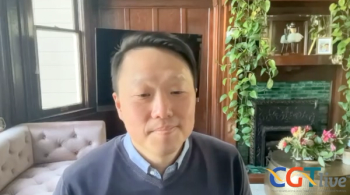
The cofounder and chief scientific officer of Xcell Biosciences discussed the company’s efforts to introduce new technologies for improving cell therapy development and manufacturing.
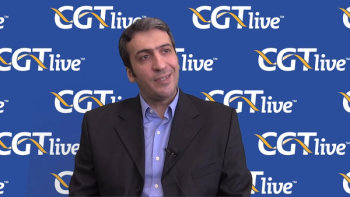
The assistant professor of stem cell transplantation at MD Anderson Cancer Center discussed positive data in ccRCC that he believes should excite the solid tumor field as a whole.
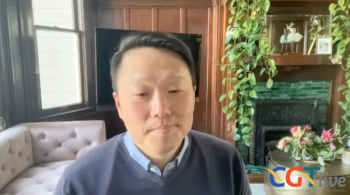
The cofounder and chief scientific officer of Xcell Biosciences discussed the company’s manufacturing-focused approach to overcoming the challenges of the solid tumor microenvironment.
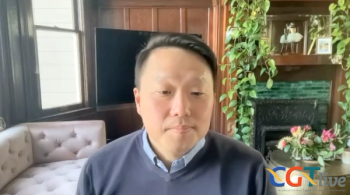
The cofounder and chief scientific officer of Xcell Biosciences discussed the company’s research with a newly developed assay method that was presented at AACR’s 2023 conference.
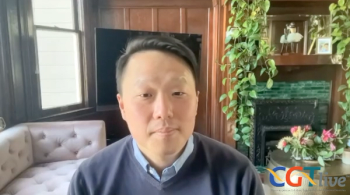
The cofounder and chief scientific officer of Xcell Biosciences discussed the limitations of the methods currently used for modeling in preclinical cell therapy research for solid tumors.
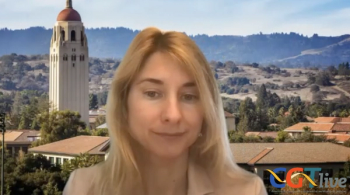
The instructor at Stanford Institutes of Medicine discussed the key takeaways of her research into the factors that affect CAR-T expansion.
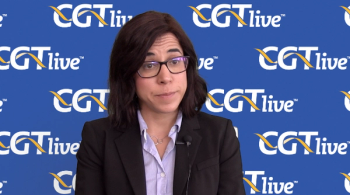
The research scientist at Moffitt Cancer Center discussed the results of the preclinical study she presented at the 2023 AACR annual meeting and avenues for further research.
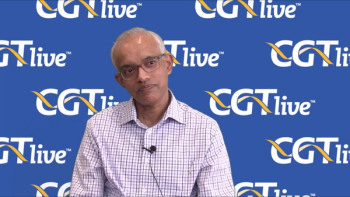
The professor of breast cancer research at Indiana University discussed new research with the TONSL gene from Indiana University.
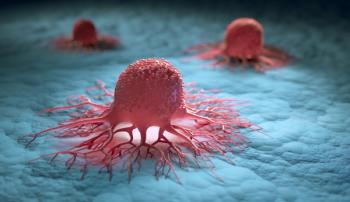
Overall, 6 patients were treated in a feasibility study for a disease control rate of 33.3%.
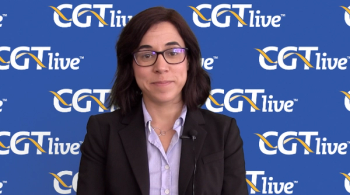
The research scientist at Moffitt Cancer Center shared the rationale behind the preclinical study she presented at the 2023 AACR annual meeting.
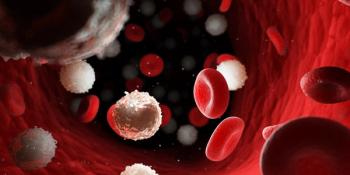
The investigators created the largest known CAR-T atlas, with more than 800,000 cells in total, providing a new exploration into the phenotyping of T-cells.
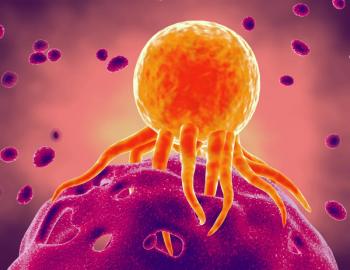
Vax-CAR-T cells significantly suppressed tumor growth in mouse models in both smaller and larger tumors.
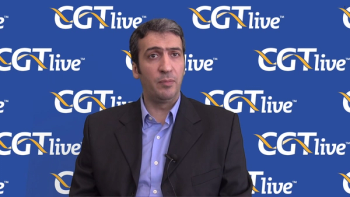
The assistant professor of stem cell transplantation at MD Anderson Cancer Center discussed updated data on ALLO-316 in patients with ccRCC.
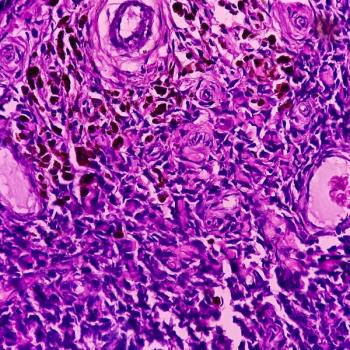
Recent data supported the TCR therapy’s pending BLA submission.
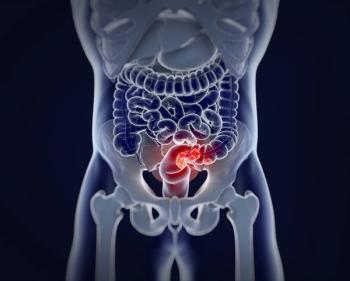
Among patients treated at the higher dose level in the investigator-initiated clinical trial, the objective response rate was 50%.
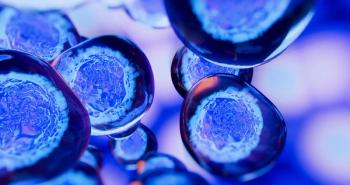
Next steps may include assessing AFM13 in combination with natural killer cells.
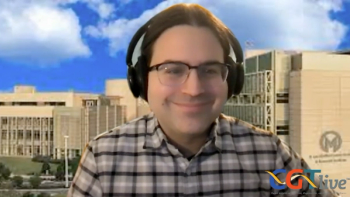
The assistant member at the Department of Biostatistics and Bioinformatics at Moffitt Cancer Center shared the potential implications of the findings he is presenting at the 2023 AACR annual meeting on proteomics and metabolomics.
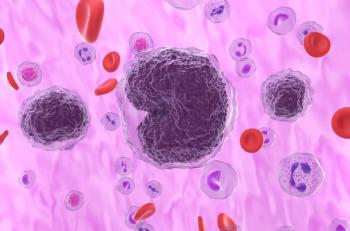
Among 11 treated patients, 8 achieved a complete response.
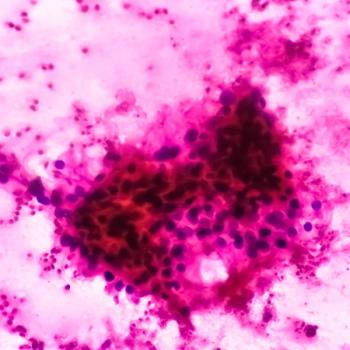
The data warrant further evaluation of ALLO-316 in patients with confirmed CD70+ tumors.
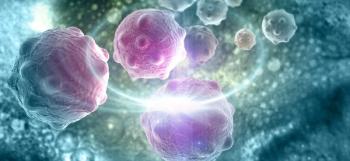
Alexander I. Spira, MD, PhD, FACP, research institute director with Virginia Cancer Specialists Research Institute, discusses the examination of RTX-240 in a phase 1 trial (NCT04372706) with solid tumors, presented recently at the 2022 AACR Annual Meeting.
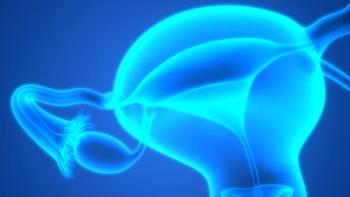
Already, NG-641 has shown encouraging preliminary safety and tolerability results in the ongoing phase 1a dose-escalation STAR trial (NCT04053283), which is a first-in-human study for the gene therapy.
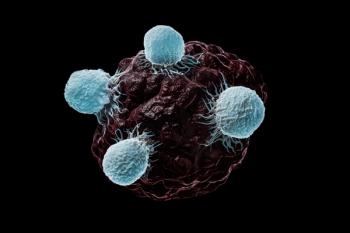
While the lower IV dose was generally well-tolerated, the higher dose yielded cases of serious cytokine release syndrome.
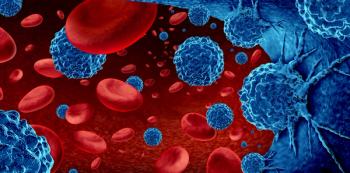
The phase 1, investigator-initiated trial continues to recruit participants with B-ALL.
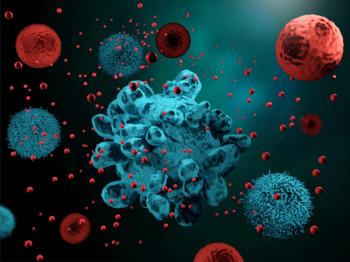
The novel regimen from BioNTech demonstrated encouraging results in patients with testicular or ovarian cancer.
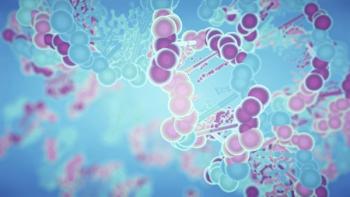
AFM13 is currently also being evaluated on its own in lymphoma in a phase 2 registrational study.

The first in-human phase 1 clinical trial is being conducted in Japan.
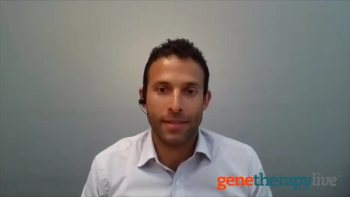
The founder and chief executive officer of SQZ Biotech discussed the potential of their APC platform to treat a variety of tumors.